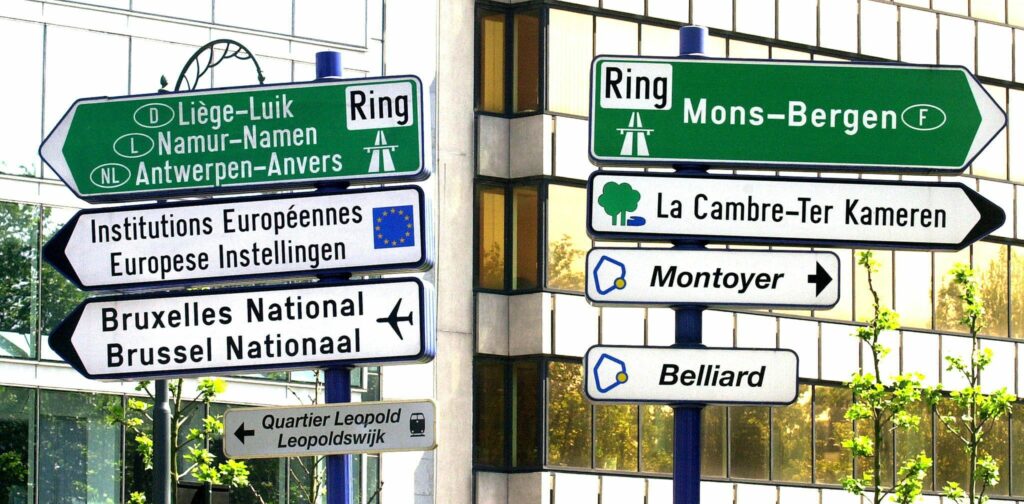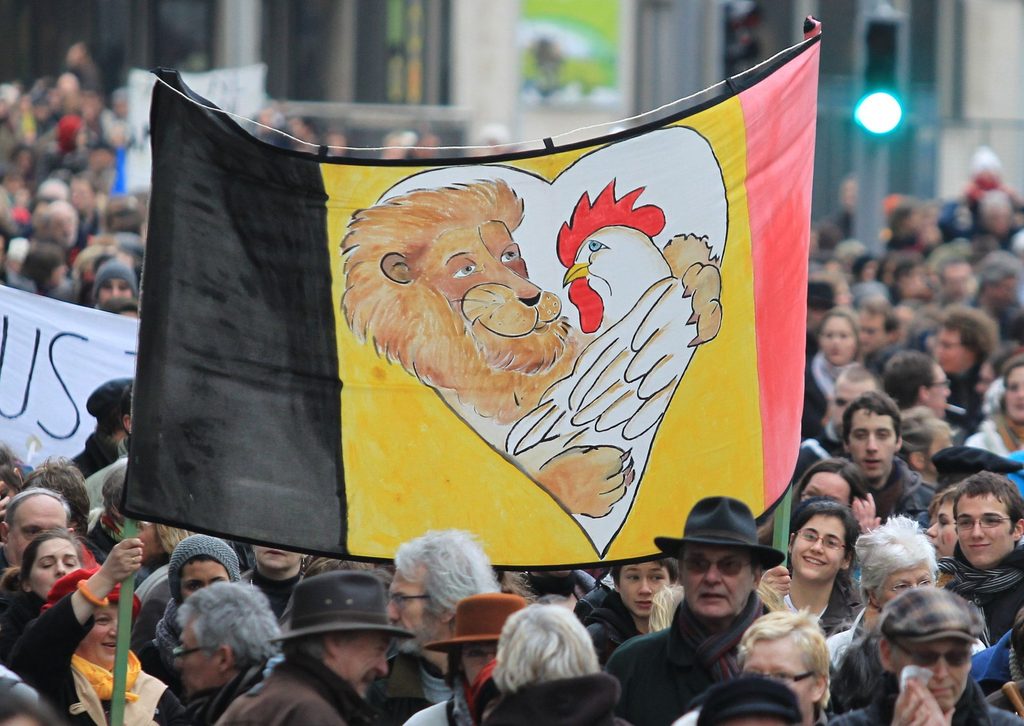English has become the most widely-spoken language among young people (15 to 34 years old) in Belgium. In 2024, it became more prevalent than both the country's official languages.
Just over six in ten (60.5%) people in Belgium aged between 15 and 34 years old have 'good to very good knowledge' of English, compared to 57.1% for Dutch and 56.3% for French, according to the latest figures from languageknowledge.eu – a website visualising Europe's language knowledge statistics based on Eurobarometer surveys.
"The rise of English across generations and countries is pretty striking," Jonathan Van Parys, who compiled the data and created the website, told The Brussels Times. "English is on its way to becoming the most widely-spoken language in Belgium, as people's knowledge of it is clearly increasing."
Intergenerational jumps
Remarkably, it makes Belgium the only country in Europe where the most spoken language among young people is not one of its official languages. Looking at the entire population, nearly half (49%) speak English well or very well.
This has prompted questions about whether English should become an official language in Brussels. As the unofficial capital of Europe, a large proportion of its population is international and does not speak either Dutch or French well enough to interact with the authorities.
Additionally, the rise of English is not only interesting compared to the 2012 data (when English lagged over 10% behind French and Dutch among the 15-34 age category), but also when compared to older age groups.

Credit: Belga / Herwig Vergult
Among the 35-54 age group, French is still the clear leader (72.8%), followed by Dutch (52.6%). One generation further back, among the over-55s, the language knowledge of the Belgian population reflects the language division better: 67.6% speak French, while 64.8% speak Dutch.
"The jumps between generations are very interesting. I would assume that this is at least partly due to the increasing exposure to English-speaking popular culture and social media," said Van Parys.
While French was often used as lingua franca in Europe about a century ago, former Executive Vice-President for the European Green Deal Frans Timmermans recently urged the EU to embrace "bad English" as a common language.
Post-Brexit difference?
This is not only true in Belgium but also across the European Union. Despite the fact that the United Kingdom left the EU in 2020 and it therefore lost an entirely English-speaking country, Brexit has not made much of a dent in the percentage of English speakers on the continent.
"The youth has massively compensated for this loss. In 2012, 39% of the EU population indicated that they spoke English," Van Parys said. In 2024, this percentage stood at 35.5%.
"In between those two surveys, some 60 million English speakers were no longer counted in the data because of Brexit," he said. "But the English numbers among the 15-34 age group nearly doubled – nearly compensating for the disappearance of an entire country."

